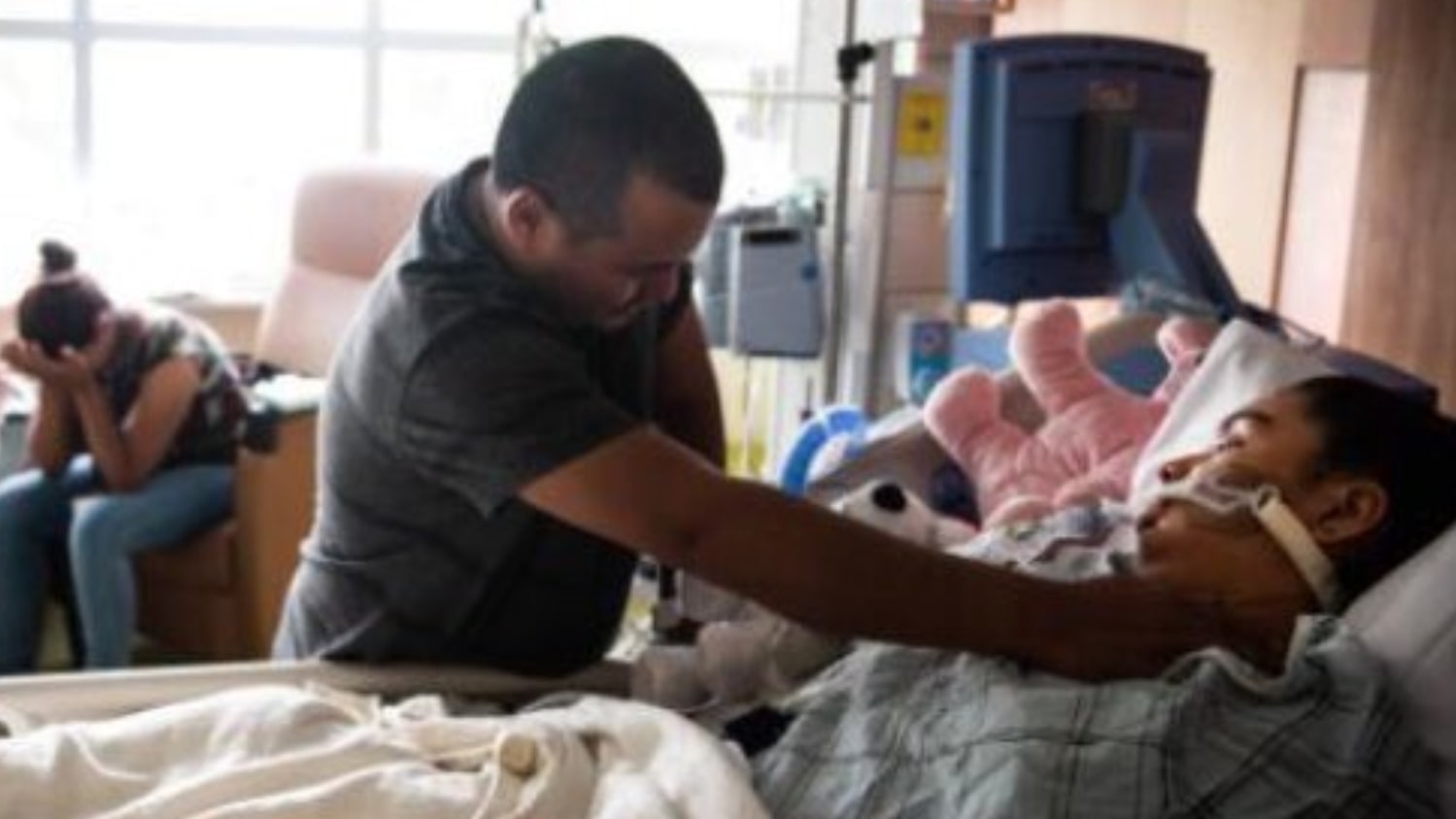The crisis along the southern U.S. border continues to be a source of tragedy for the nation. A Honduran family in New York is now in mourning after the loss of Heydi Gámez García, a 13-year-old who died on Thursday and was buried on Tuesday.
García was taken off of life support last Thursday following a suicide attempt earlier this month that left her brain dead. She was suffering from depression due to the fact that she was worried that her father, who had already been deported twice, would never be allowed back into the country.
Manuel Gámez, her father, was arrested at the border and had been held in a Houston detention center since early June. ICE officials allowed him to come to New York on "14-day humanitarian parole," but he has to see an immigration judge in Texas on July 27.
"She was crying, 'Papi, you'll never make it. They always catch you'. I promised her, 'Daughter, this is the last time I try and God will grant me the opportunity.' But I got caught again," Gámez told CNN. He last spoke to her right before he crossed the border into Sarita, Texas on June 1.
"I was not able to protect my daughter, what I wanted the most was to protect her."
García's story is emblematic of the messy, complicated web of decisions that lead to separated families. Her father, Gámez, originally came to the U.S. in 2007, about a year after García was born. Her mother abandoned the family and was never heard from again, so García stayed with Gámez's parents.
He worked on a farm in Long Island until 2014, when MS-13 gang members shot his father in the street for not paying local taxes to them. His mother was sick and his sister, as well as García, were too young to take care of themselves. Like many migrants, he made the tough decision to leave his job in New York and go back home.
He immediately did everything he could to get his daughter and his young sister into the U.S., and he succeeded. Both were given asylum papers after making it into the U.S. in 2015 and 2016, but ICE rejected his applications and deported him twice for illegal reentry in 2016 and 2017.
Gámez had not seen his daughter for four years as he held her hand in a Queens, New York hospital bed for the first time last week. The family has decided to donate García's organs and held a funeral for her on Tuesday.
García was adapting to life in New York quickly but sorely missed her father. They spoke almost nightly, and she became increasingly despondent about his chances of coming to the U.S. for good. Gámez promised to be there for her quinceañera, and the two aunts she lived with in New York tried to help her adjust to her new life in Long Island.
But García struggled with her mental health and cut her wrists at school in December. She began to see a therapist, but she often floated the idea of returning to Honduras to live with her father.
"Heydi was always asking, 'When is Papi coming?' I would tell her to be patient. We're doing all we can," said her aunt Jessica Gámez.
"I feel I didn't take proper care of her. Like I failed her in some way. I was supposed to protect her. I would never send her to Honduras," Jessica said of her niece. "But I never thought something bad would happen to her here. I tried to give Heydi all she needed. But her only dream was to be with her father."
By July, García stopped believing her aunts about her father's immigration status and broke down in tears. She asked to be alone and was found two hours later in her closet hanging from a phone charging cord. Her aunts rushed her to a Queens hospital but doctors found it was too late.
Anibal Romero, Gámez’s lawyer, told The New York Times that the case was indicative of the cruelty seen by hundreds of families throughout the immigration system.
“How is it that his daughter and sister are both eligible for asylum and he fails?” Romero said. "He clearly is fleeing for his safety, for the same reasons. This just shows you how this is a flawed system.”

